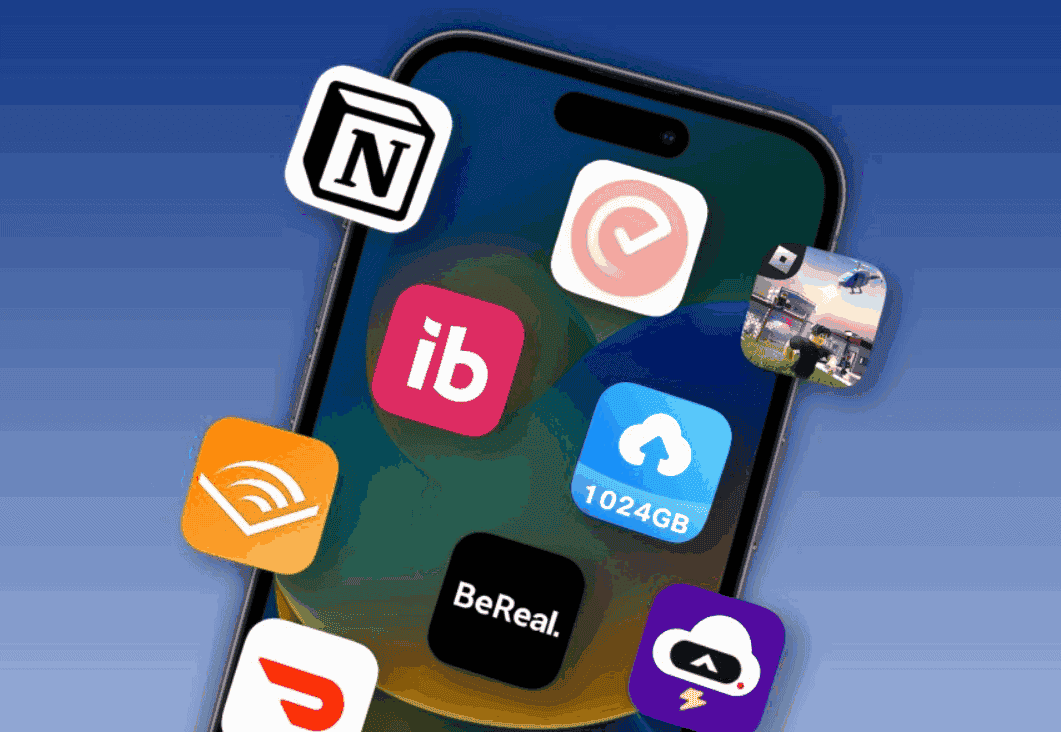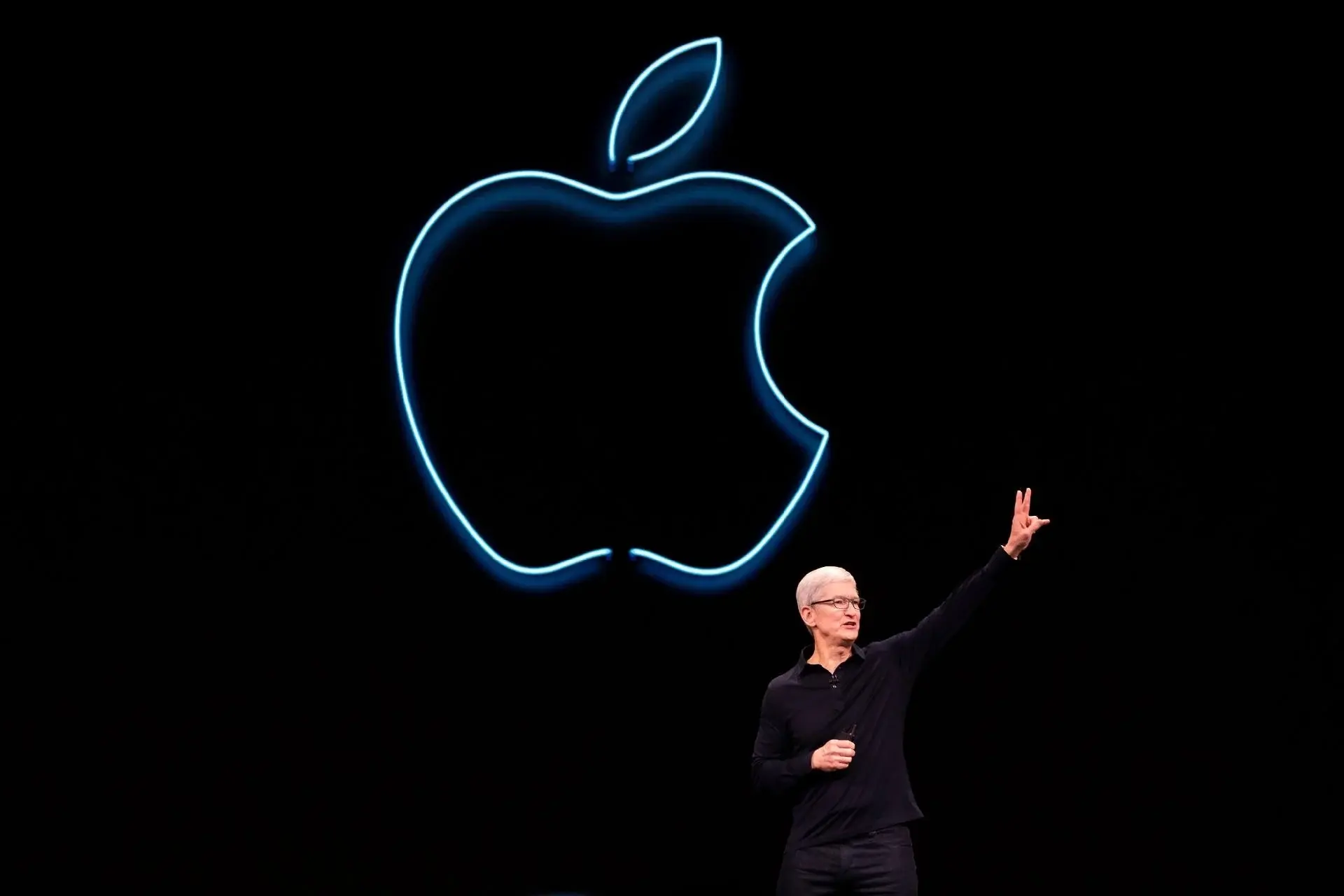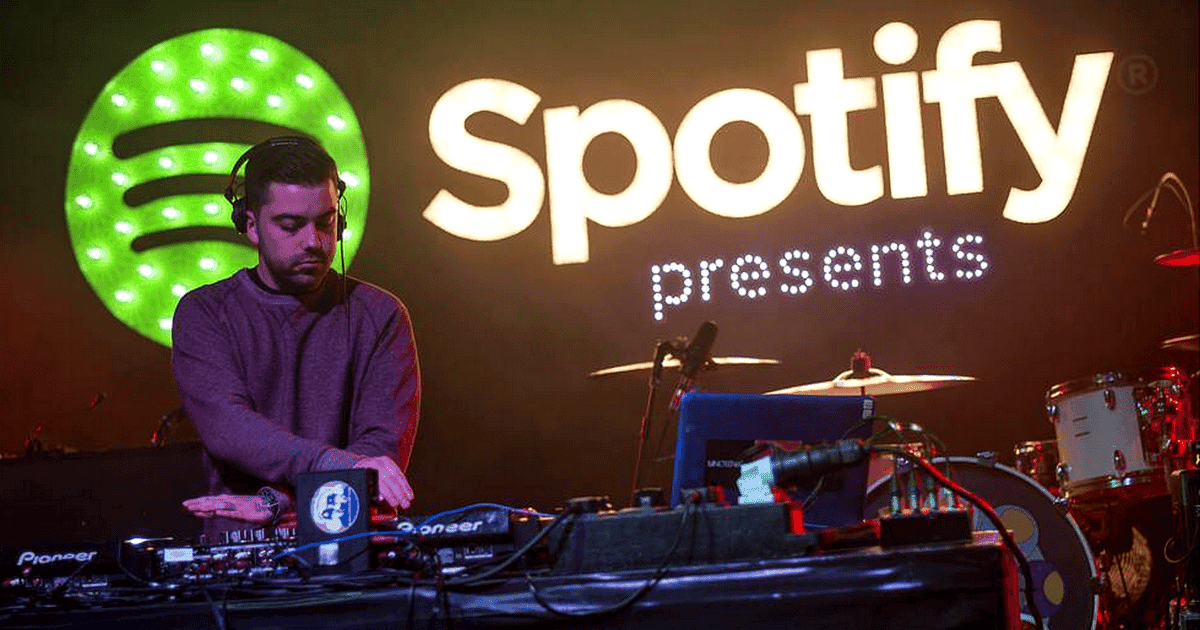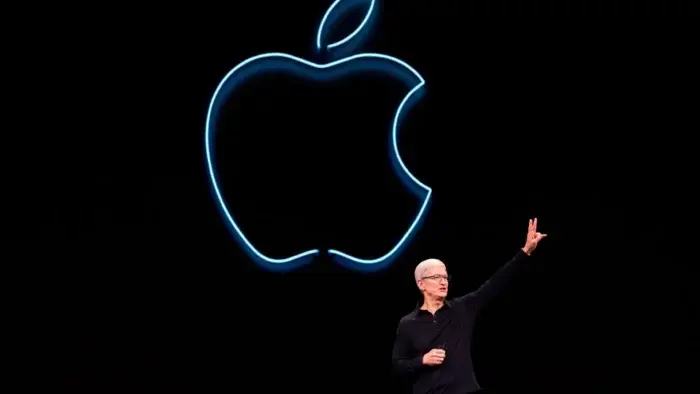For several years, Apple has been at the hub of scrutiny and continues to face many legal cases. Many of its issues center on its policies with regard to how it deals with apps in its store. In recent times, Apple has been extending some sort of olive branch to developers and other partners. However, Apple is not doing this because it wants to, it is doing it mostly because of the new EU law. On different fronts, it appears that new laws from the EU target Apple. However, the EU has clearly stated that it has no issues with Apple. It only wants to ensure that there is healthy competition in the market and not a monopolistic market.

Despite the olive branch that Apple extends, many apps are not having it. In a recent report, some major actors claim that the olive branch thrown by Apple is the “kiss of death”. Apple’s potential and former partners have accused Apple of copying their ideas. However, Apple always put up a strong defence. It claims that it is a big company has it’s on unique tech, thus it does not have to copy any company.
Apple cripple many third – party apps
This behaviour of Apple was exposed by the media as early as 2019. Apple will poach staff and tech from smaller potential rivals. It will also integrate the ideas of third – party developers, and make the third – party apps “headless”.
The term “sherlock” specifically refers to Apple’s behaviour of “copying other companies’ ideas”. The origin of the term is also interesting. It first appeared on Apple about two decades ago. The company released a software product called “sherlock” to help users find files and conduct Internet searches on their Mac computers. But after other companies created more feature – rich Watson apps, Apple updated the sherlock app with many of the same features. As a result, “sherlock” has become the exclusive pronoun for Apple’s “plagiarism and imitation” of other companies ideas.

Previously, Tech Crunch had made an inventory of Apple’s “sherlock” app at WWDC in 2022. The following is a partial list of software:
- Camo: Allowing users to use the iPhone as a webcam, Apple then introduced the continuity feature.
- Klarna, Clearpay and other apps: Apple subsequently launched the Apple Pay Later service.
- Remove.bg: Apple launched the Visual Lookup feature.
- Apps such as MyTherapy, Pillbox, etc.: Apple has launched a medication recording / reminder function.
- Apps like Figma’s FigJam: Apple updated the Freefrom collaboration app.
- Oura, Whoop, and more: Apple added sleep tracking to watchOS.
Cases of Apple with other brands centred around stealing ideas
Accusations that Apple has stolen ideas from smaller third – party apps have been around for several years. These issues show the concerns that smaller developers have about competing with larger companies. There is also a lack of fair play within the app development community.
1. Hey
In 2020, the email app “Hey” accused Apple of stealing its app idea and using it in its own email app. Hey claimed that Apple’s email app had a similar feature set and design to its own app. Hey also claimed that Apple’s policies for its App Store were anti – competitive. In its report, it claims that Apple is putting its own apps over those of third – party developers.

2. Tile
Another example is the app “Tile,” which has accused Apple of using a similar feature in its “Find My” app. Tile offers Bluetooth-enabled tracking devices that can be attached to keys, bags, or other personal items. The company claims that Apple’s “Find My” app is very similar in function to Tile’s own tracking devices. Tile has also accused Apple of using its platform to favour its own products over those of Tile.

3. Epic Games Vs Apple
One ongoing legal battle is the one between Epic Games and Apple. Epic Games, the creator of the popular game Fortnite, filed a lawsuit against Apple in August 2020. Epic alleges that Apple’s App Store policy was anti – competitive and that the company was abusing its monopoly power. It also accused Apple of unfairly favoring its own apps over those of third – party developers.

4. Spotify
Another example of a company accusing Apple of unfair competition is Spotify. Spotify has accused Apple of using its App Store to favor its own music streaming service, Apple Music, over Spotify’s service. Spotify has also accused Apple of charging high fees for in-app buys and of using its platform to limit the ability of third – party developers to compete with Apple’s own apps. The accusations by Spotify have led to an ongoing antitrust probe by the EU, which is checking whether Apple is abusing its market power to unfairly restrict competition.

Apple’s response
Apple defends itself by stating that it has always been a leader in innovation and has many of its own techs. Apple has also said that it respects the intellectual property rights of others. The company also claims to have a robust process for reviewing and approving apps in its App Store. However, despite Apple’s defence, many developers remain concerned about the company’s policies and practices. Some developers have even taken legal action against Apple. They claim the company’s policies are anti – competitive and violate antitrust laws.
Conclusion
Reports that Apple has stolen ideas from small third – party apps have been ongoing for several years. These issues show the concerns that many people have about competing with larger brands and the lack of fairness in the industry. While Apple defends itself against these issues, many people have concerns about Apple’s policy and practices. Some actors have even taken legal action against Apple, and ongoing legal disputes, such as the case between Epic Games and Apple. From the look of things, such reports are not going away anytime soon. Apple is a very big company and it uses a lot of tech. Thus, it will likely continue to have these issues from time to time.





